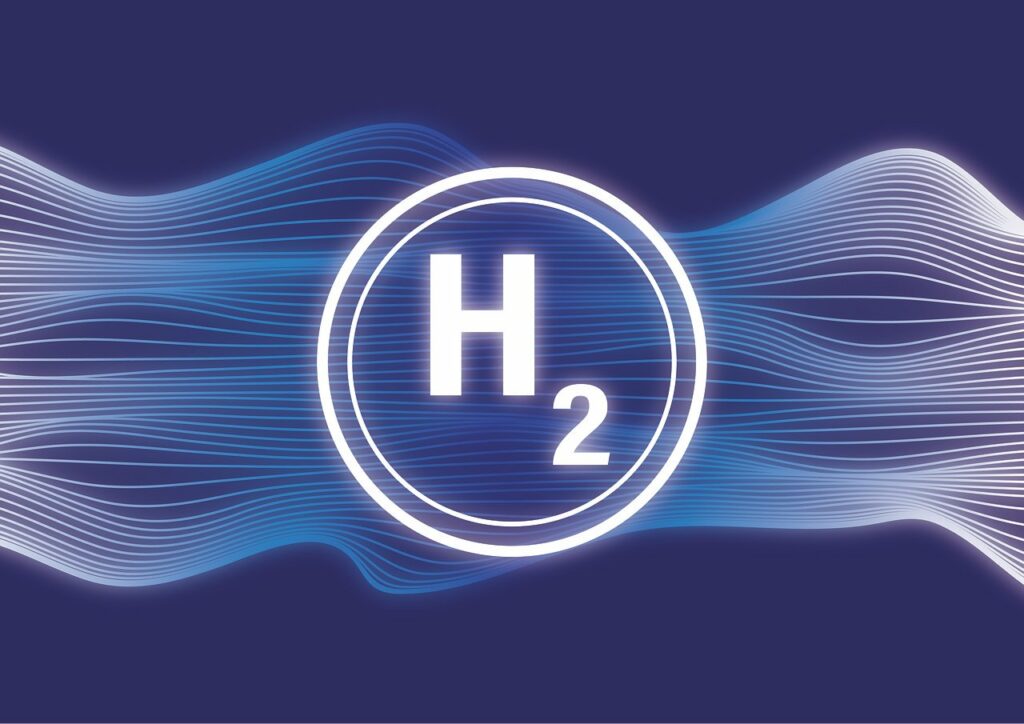In the wake of COP28 in Dubai, three influential organizations—Hydrogen Europe, the MENA Hydrogen Alliance, and the African Hydrogen Partnership—have forged a strengthened collaboration to expedite and amplify the energy transition with clean hydrogen.
This strategic alliance aims to tackle global challenges, focusing on ambitious goals, innovative technologies, financial backing, policy frameworks, and inclusive growth. Here’s an in-depth look at their joint commitments and the potential impact of this collaborative effort.
- Ambitious Global Hydrogen Goals
The trio of organizations has committed to elevating global clean hydrogen ambitions. Central to this commitment is a pledge to triple renewable energy capacity by 2030, double energy efficiency, and transition away from fossil fuels. By phasing out fossil fuel subsidies, the goal is to bridge the economic gap between fossil fuels and clean hydrogen. This ambitious initiative is seen as a crucial step toward realizing the abundant, cost-effective renewable energy needed for widespread hydrogen adoption.
- Financial Backing for Clean Hydrogen Infrastructure
Recognizing the monumental financial requirements for hydrogen infrastructure development, the collaboration emphasizes the need for international finance. Despite a record USD 1.3 trillion investment in energy transition technologies in 2022, yearly investments must quadruple to over USD 5 trillion to align with the 1.5°C pathway outlined by the International Energy Agency (IEA). The Middle East and Africa, emerging as major hydrogen hubs, will require significant investments in infrastructure. Repurposing existing gas pipelines is identified as a vital strategy, though logistical challenges persist. Large private sector investments, innovative solutions, and reforms in multilateral development banks are crucial components of meeting this financial challenge.
- Policy Frameworks and Standardization
COP28 witnessed the announcement of three key initiatives to unlock a global hydrogen economy: a new ISO standard on greenhouse gases accounting for hydrogen, mutual recognition of certificates, and the Public Private Action Statement on Unlocking Hydrogen Trade Corridors. The importance of harmonization, standardization, and certification cannot be overstated. Transparent standards and certification schemes are crucial for underpinning a global hydrogen market.
- Clean Hydrogen and Economic Growth in the Global South
With over 80% of the global population residing in the Global South, the lack of electric infrastructure poses a challenge despite the region’s potential for low-cost renewable energy. Hydrogen emerges not only as a necessity for decarbonizing off-grid regions but also as a mitigator of economic risks associated with the energy transition. Collaboration between the Global North and South is deemed essential for achieving net zero in both regions, enhancing energy access, transferring skills and knowledge, and supporting socioeconomic development.
- Continued Collaboration for a Hydrogen-Powered Future
The partnership between Hydrogen Europe, the MENA Hydrogen Alliance, and the African Hydrogen Partnership underscores the collaborative spirit at the heart of the hydrogen market. The organizations pledge to work together, fostering hydrogen deployment and innovation through dialogue, common engagements, and unified positions in international clean hydrogen fora.
